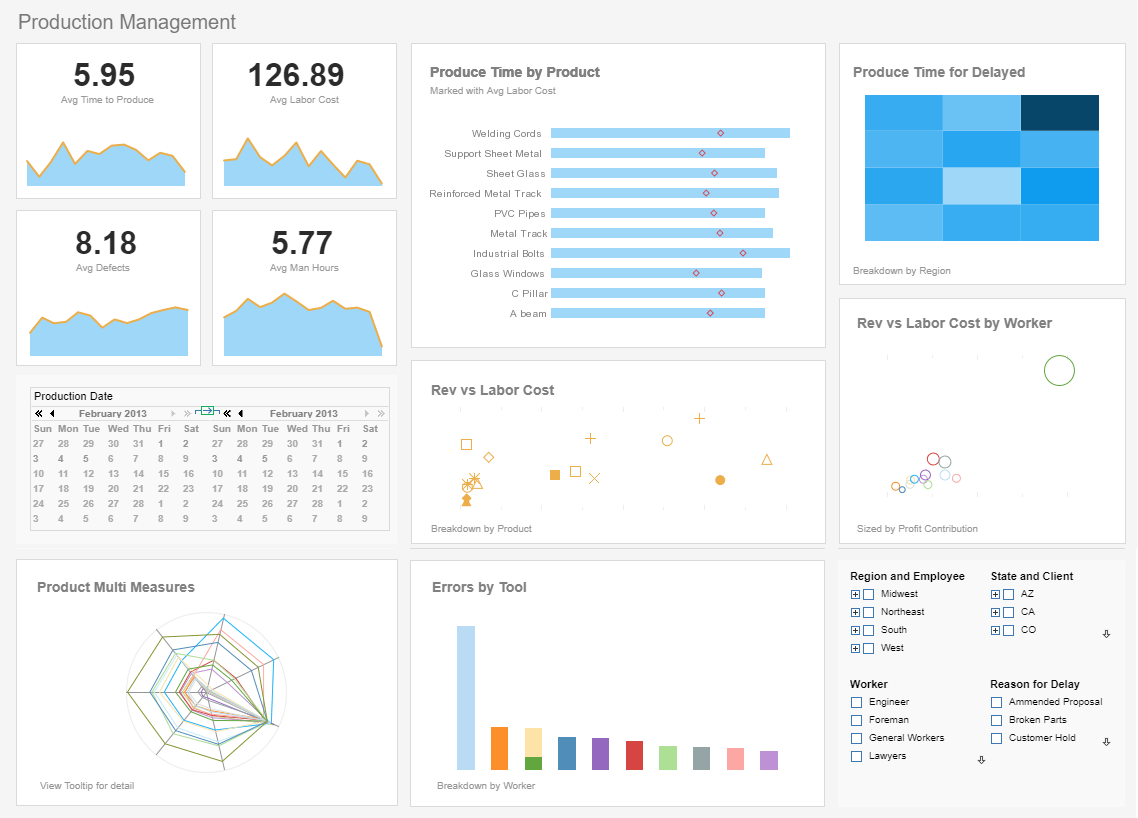What Makes a Predictive Analytics Enterprise?
Below is the continuation of the transcript of a Webinar hosted by InetSoft on the topic of Data Analytics in the Insurance Industry. The presenter is Christopher Wren, principal at TFI Consulting.
Essentially it is this cross-functional use of data directed from a strategic perspective to inform decision making across the organization that makes you a truly predictive analytics enterprise. What do we mean by that? Well, for example, marketing should interact with risk and understand the profiles of potentially high risk customers.
You don't necessarily want to spend money enticing high risk customers to take your product. If you have analytics embedded across the organization at an enterprise level, you can ensure that you are attracting the right customer, and you're spending your money in the right way.
Your company probably has a very wide range of individual customers with very different needs, and a significant proportion of insurance today is provided through brokers. Very often the first time a customer makes contact directly with the insurance provider is when they're in the position to make a claim. That makes it very difficult for an insurance provider to build a relationship with their customer.
The goal for the insurance provider is essentially to ensure that the experience of the customer within the claim process is a satisfactory one and that it's tailored to the individual needs of that customer. I'd like to show you how a predictive analytics platform can help you know your customer at that individual level.
| #1 Ranking: Read how InetSoft was rated #1 for user adoption in G2's user survey-based index | Read More |
Aid Decision Making
Here we focus on getting it right when your customer needs you most which is during the claim process. Traditionally faster service had been indirectly related to fraud detection, so the faster a claim is processed the more likely you missed evidence of fraud. Today we will show how predictive analytics can help you achieve your twin goals of fast tracking legitimate claims while identifying and intelligently investigating fraudulent claims. We use predictive analytics to aid decision making about which path to take during the claim process.
Then quality of service is a main concern for insurance carriers. The faster the claim can be paid and taken out of the inventory, well basically the better for fraud. On the other hand there are situations where claims need better verification than a claims handler can provide.
We want to analyze current claims data, claims history, and external data to automatically generate questions which will ensure claims are dealt with in the most efficient way possible. We want to minimize cost while maximizing customer satisfaction. I would like to give some examples of where we can inject intelligence through the use of predictive analytics at all the important stages of the claims process.
It would be great if we were in a position to predict future events, for example, so that we can put in place the necessary resources to ensure outcomes around these events are dealt with appropriately. Let's say for example we anticipate high flooding in a particular region in three to four weeks time. It will be great from the insurance provider's perspective if we were able to forecast the volume of calls we might receive, the types of calls we would receive and any potential outcomes associated with that flooding event, like a month in advance maybe.
 |
View a 2-minute demonstration of InetSoft's easy, agile, and robust BI software. |
Value of Forecasts from Business Intelligence
Having these forecasts in hand would essentially allow us to put in place resources to deal with the event when each event happens. It may require change in staff scheduling, upscaling of staff, it may also have a large impact on supplier scheduling so that when the event occurs and you get floods of calls, no pun intended, apologies, from customers.
You would have in place a system of asking the right questions so that you can fast track the right claim to the right supplier ensuring your customers move through the claims process in an efficient and satisfactory manner. Then in the aftermath of the flooding you would like to have systems in place that will ensure you have supplier optimization.
In cases where further investigation is required, the right actor is assigned to that appropriate claim for them. You're optimizing all of the systems that you need to mitigate against the outcomes of any particular event. Predictive analytics can help you get to that point.
| Previous: How Predictive Analytics Can Help Transform the Insurance Industry |


